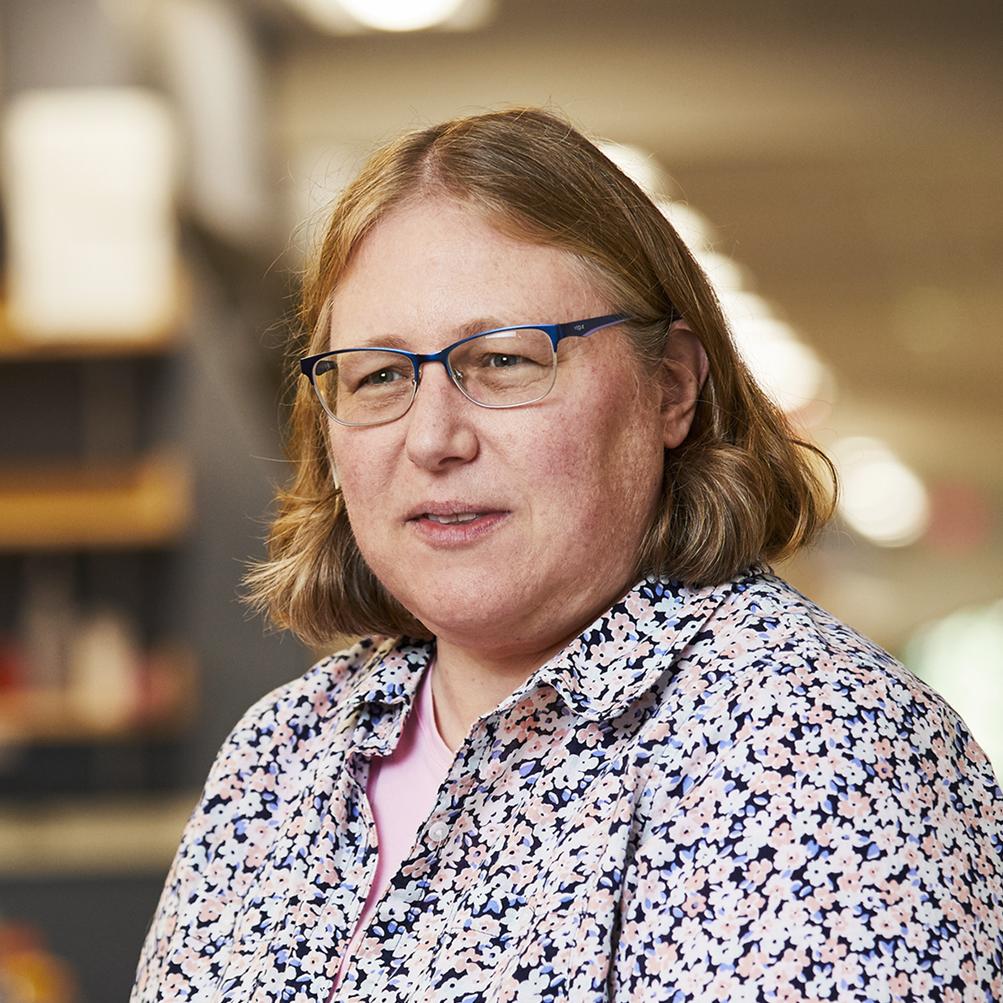Dissecting Oligogenic Biomarkers in Ashkenazi Jews with Parkinson Disease


Summary
We strive to uncover blood-based genetic biomarkers through evaluation of individuals with Ashkenazi Jewish (AJ) background. In addition to a higher rate of PD and increased frequency of LRRK2 and GBA mutations, these individuals are characterized by genetic similarities that may help reveal disease-related genes with much smaller samples sizes.
Identifying multiple genes may help in the development of a combined score, where multiple genetic risk factors are considered in therapeutic decision-making.
Our goal is to better understand the development of PD, reveal disease pathways and provide biomarkers to understand individual differences, leading to improved clinical trials and personalized disease-modifying therapies for PD.